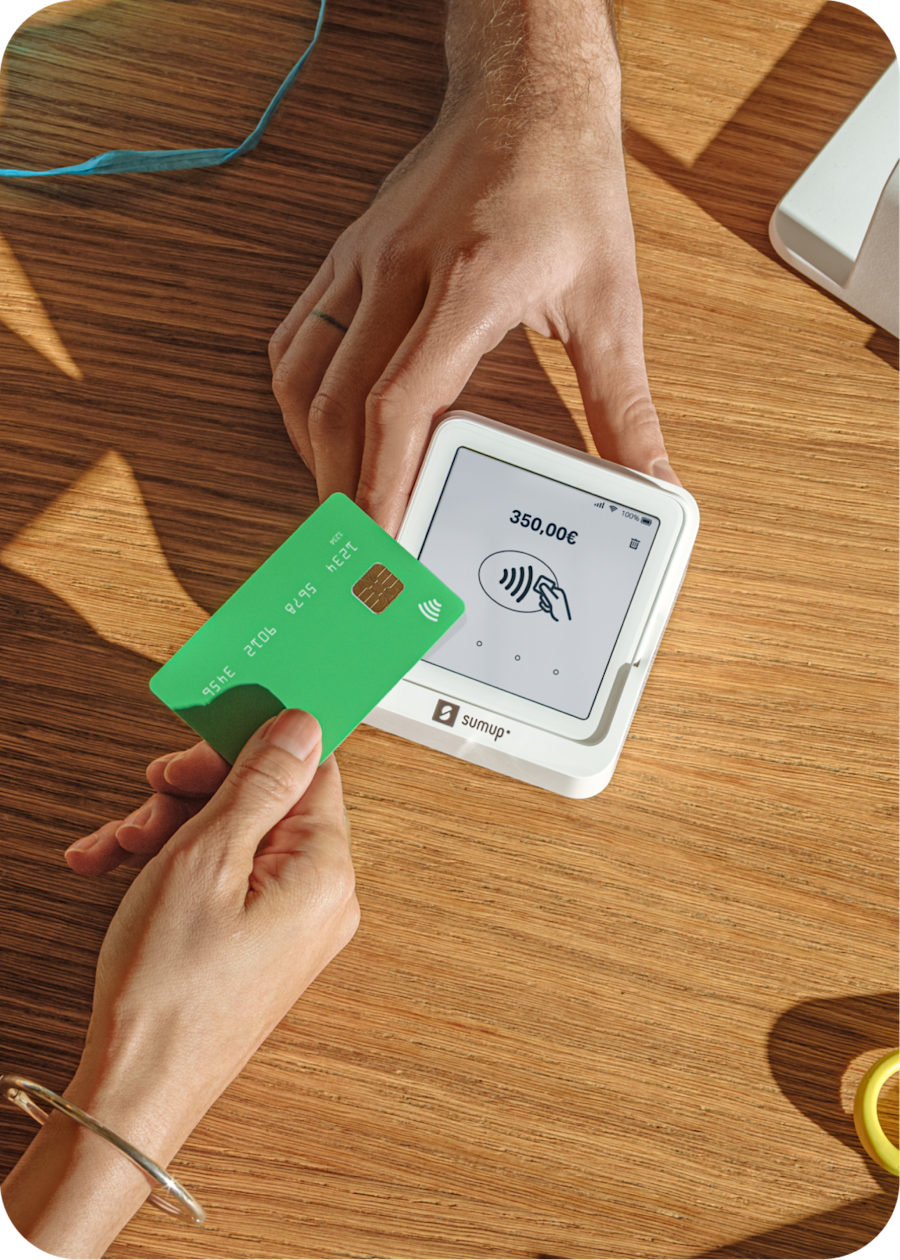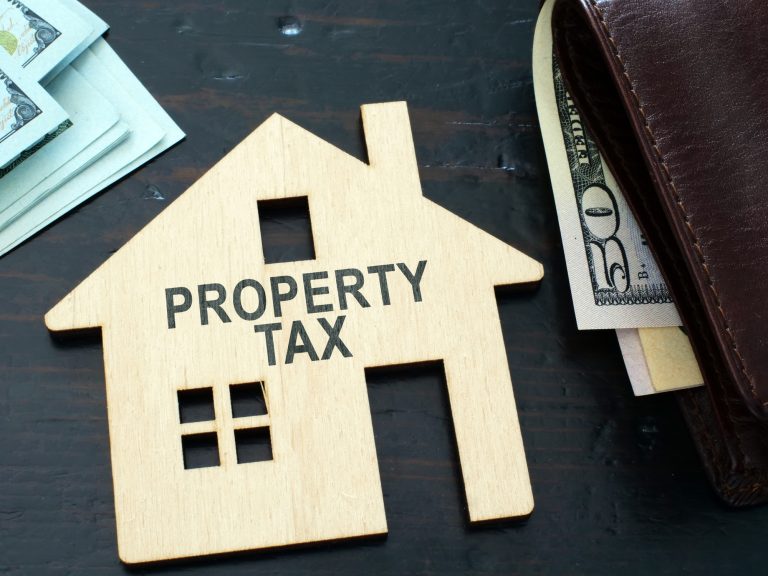Does your business recover expenses from a third party?
For GST‑registered businesses operating in Singapore, recovering expenses from a third party can raise tricky questions about whether GST needs to be charged. This guide breaks down how to determine whether the recovery of expenses is a disbursement or a reimbursement, and outlines the GST treatment under each scenario, using the official framework.
1. Disbursement vs. Reimbursement – What’s the difference?
Before you decide whether GST must be charged, you must determine whether the recovery of expenses is a disbursement or a reimbursement:
-
Disbursement: When you, acting as an agent, make a payment on behalf of another party and then recover that payment from that third party. In other words, you do not incur the expense as your principal capacity. In this case, the recovery is not considered a supply, and is not subject to GST.
-
Reimbursement: When you incur an expense as a principal (you contract with vendors in your own capacity) and then recover the cost from a third party. Here the recovery may constitute consideration for a supply of goods or services, and thus may be subject to GST.
2. GST Treatment for Reimbursements
When the recovery is a reimbursement (not a disbursement), the GST treatment depends on how the expense recovery relates to your primary supply of goods/services. IRAS distinguishes two broad cases:
| Category | GST Treatment |
|---|---|
| Recovery of expenses that are ancillary to or form inputs to a primary supply | The recovery follows the GST treatment of that primary supply. |
| Recovery of expenses that are separate and not ancillary to the primary supply (i.e., you recover costs of goods/services you originally procured) | Treated as a separate supply. The nature of the supply will follow the goods/services originally procured, but you are now the supplier and the third‑party you recover from is the recipient. If you mark up the recovery, it is treated as a separate supply of services (e.g., administrative fees, arranging fees). |
Recovery of exempt supplies: If the recovered expense falls within the description of an exempt supply under Part I of the Fourth Schedule to the GST Act, then the recovery would likewise be exempt.
3. Do you need to charge GST on the recovery of expenses?
Here are some practical scenarios to help determine whether GST must be charged when you recover costs from a third party. IRAS highlights four common scenarios:
-
Scenario 1: Recovery of expenses that qualifies as a disbursement → No GST charged.
-
Scenario 2: Recovery of expenses ancillary to a primary supply of services (but may be subject to specific exclusions in the GST law) → GST treatment follows the primary supply.
-
Scenario 3: Separate recovery of expenses where the original expense is not subject to GST → The recovery may still be chargeable depending on supply nature.
-
Scenario 4: Separate recovery of expenses with mark‑up → Treated as a separate supply (services) and GST may apply accordingly.
4. Key Take‑aways for Your Business
-
Before recovering an expense from a third party, ask:
-
Did you incur the expense as principal or as agent?
-
Is the recovery simply passing on a cost (disbursement) or a cost you bore (reimbursement)?
-
If reimbursement, is the expense ancillary to a primary supply or separate?
-
-
If the recovery is a disbursement: no GST charge.
-
If it is a reimbursement: you must determine whether GST applies based on the supply nature.
-
If you apply a mark‑up or the expense recovery is separate from the primary supply: treat that recovery as a separate supply and the GST treatment must reflect that.
-
Ensure that your contracts, invoice wording and internal records clearly reflect whether the recovery is disbursement or reimbursement, and the nature of the service provided.
-
For complex cases (e.g., mixed supplies, exempt vs taxable, cross‑border elements) consider obtaining professional advice or checking with IRAS.
Pre-Registration GST Claims and Pre-Incorporation GST Claims
Summary Table
| Type of recovery | Agent or Principal? | GST charge needed? | Notes |
|---|---|---|---|
| Disbursement | Agent (on behalf of third‐party) | No | Not treated as a supply. |
| Reimbursement ancillary to primary supply | Principal + part of main supply | Follows main supply GST treatment | Example: you include cost of freight for a taxable supply. |
| Reimbursement separate from main supply, at cost | Principal + separate supply | Possibly yes | Check nature of goods/services. |
| Reimbursement separate with mark‑up | Principal + separate supply with fee | Yes if taxable service | You are the supplier; treat as service. |
Final Words
For GST‑registered businesses recovering expenses from third parties in Singapore, the distinction between disbursement and reimbursement is critical. Failing to treat a recovery correctly can lead to GST non‑compliance, incorrect tax treatment and penalties.
If you’re unsure whether a cost recovery should be treated as a disbursement or a reimbursement—especially if there is a mark‑up, or it involves exempt supplies, overseas sourcing, or mixed supplies—it’s wise to consult a GST specialist or reach out to IRAS for clarification.
GST Prospective Basis Registration: New Two-Month Grace Period Announced
Disclaimer: This article is for informational purposes only and does not constitute legal or tax advice. Businesses should consult with a qualified tax advisor for tailored guidance.




